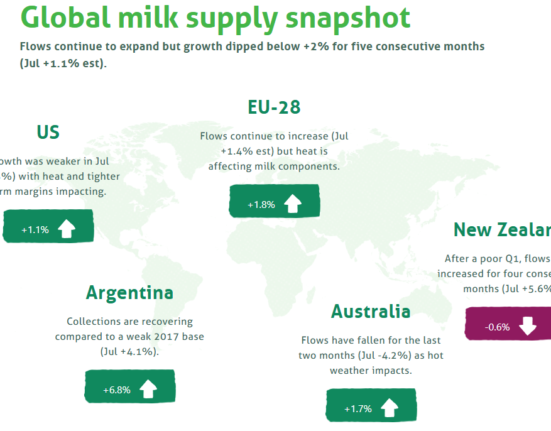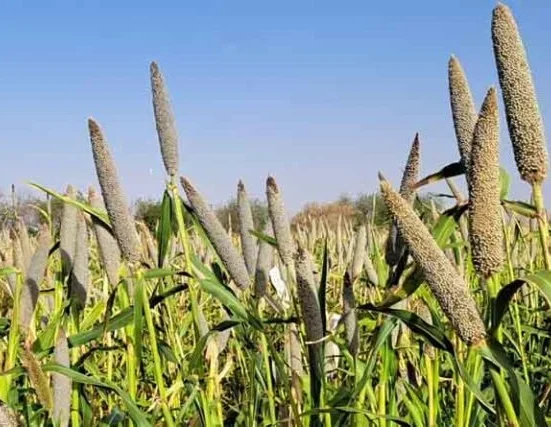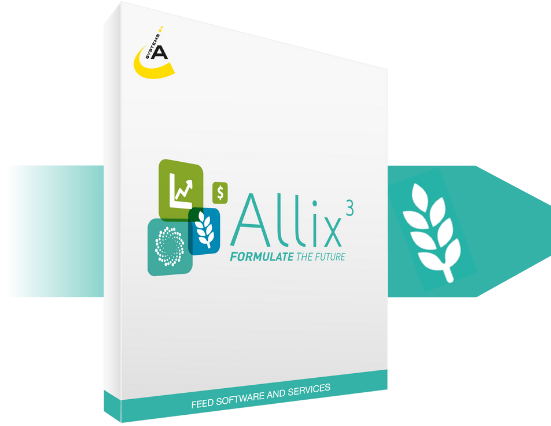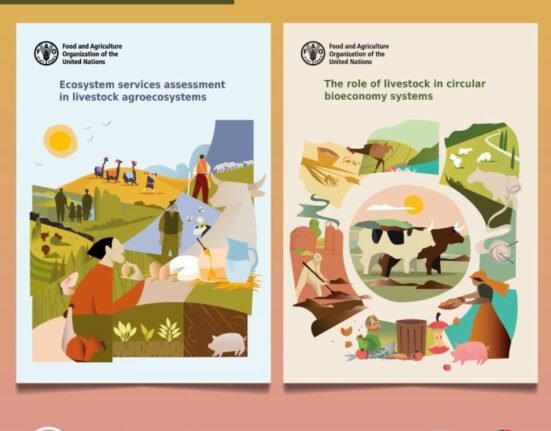Dairy farmers across Serbia are voicing deep frustration over what they describe as a catastrophic state of agriculture, exacerbated by unchecked imports of milk and dairy substitutes. Farmers and dairy cooperatives accuse the Ministry of Agriculture of enabling market distortions by issuing import licenses without adequate quality control.
According to Slobodan Brkić, a representative of the “Our Milk” association, the unregulated influx of cheap dairy imports has led to a significant decline in domestic milk prices. An alarming trend, he notes, is the sale of imported vegetable-based cheese falsely marketed as dairy cheese, which undermines local producers and deceives consumers.
“These counterfeit products mislead buyers and flood the market, making it impossible for small-scale Serbian cheese makers to compete,” Brkić explains. “They’re selling vegetable-based cheese at a third of the price, pushing our milk-based products off the shelves.”
Government Support Fails to Deliver
Brkić highlights that while the government disbursed subsidies to certain dairies, the intended purpose—buying milk from local farmers—was not fulfilled. Instead, the milk was dried or wasted.
“Subsidies are handed out, but there’s no mechanism to ensure they support domestic production,” he says. “Some dairies refused to buy local milk and dried it instead, which is a huge waste.”
Brkić also alleges ongoing fraud in milk sales: powdered milk is reconstituted with water and sold as fresh milk, a practice forbidden by law but rarely prosecuted.
Cost of Production Surpasses Market Price
Dairy farming in Serbia has become financially unsustainable. Rising input costs, delayed government premiums, and falling purchase prices have made milk production a loss-making endeavour.
“The purchase price has dropped 8 to 13 dinars in recent months. Even with subsidies, the math doesn’t work,” says Brkić. “I’ve been waiting since October for my milk premium. Meanwhile, cows still need to eat daily.”
He also criticises unfair practices by dairies, which often renegotiate prices after collecting the milk, leaving farmers in the lurch.
Shrinking Livestock, Rising Imports
Serbia is now heavily reliant on milk and meat imports due to a significant decline in its livestock population. A once-promising quota system, which had stabilised prices, was abandoned after administrative changes in the Ministry of Agriculture.
“Serbia has only 170,000 dairy cows today—half the number required for self-sufficiency,” Brkić states. “In just two decades, we’ve gone from 900,000 to fewer than 500,000 cattle.”
Aflatoxin Limits Block EU Market Access
Adding to the industry’s woes is Serbia’s inability to export milk to the European Union due to aflatoxin contamination—a naturally occurring toxin often present in animal feed. While feed quality regulation is lacking, dairy farmers bear the burden of compliance alone.
“Milk producers are penalized for aflatoxin levels even when the real issue lies with contaminated feed,” says Brkić. “Countries like Germany can meet EU standards thanks to their climate—Serbia can’t compete without changes in regulation.”
Conclusion
With falling milk prices, unregulated imports, and rising production costs, Serbia’s dairy farmers are facing an existential crisis. Unless swift and comprehensive reforms are implemented—ranging from stricter import controls to more effective subsidies and feed quality regulations—the country’s dairy sector may collapse beyond recovery.







